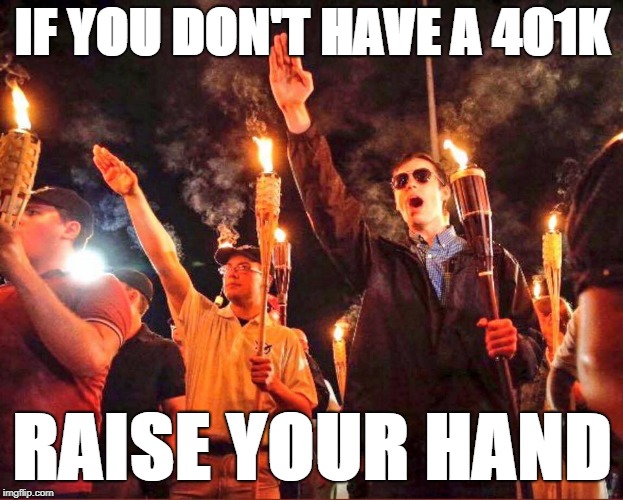Actually, the Navajo Code-Talkers while a very clever and neat idea, made ZERO difference in the War in the Pacific.
Code-Talkers were tactical radio operators. That is, they performed battlefield communications at battalion and regimental level within only the USMC. This was because these communications were normally not encrypted and the USMC was worried the Japanese might listen in on these radio channels gaining information that could be used on the immediate battlefield.
There were a few things the Marines (and Army) didn't know at the time that pretty much precluded that from happening at all. Most US (both Marine and Army) tactical radios by 1944 were FM sets, something the IJA completely lacked. That is, the Japanese didn't have radio receivers in service that could even pick up US tactical communications. Second, the Japanese had few radio sets in service at all in most field units. Runners were the norm for communications.
Third, for many applications like artillery fire control, most of the communications system ran on field telephones not radios. The US used a two-wire telephone system (unlike older one-wire ground return) that was immune to enemy interception unless the enemy could physically tap the phone line.
So, the whole Code-Talker program was really mostly just a waste of time. Yes, it was, and is, a neat idea to use an obscure language to encrypt radio communications real-time and in that sense it worked brilliantly. Too bad the enemy wasn't listening...



